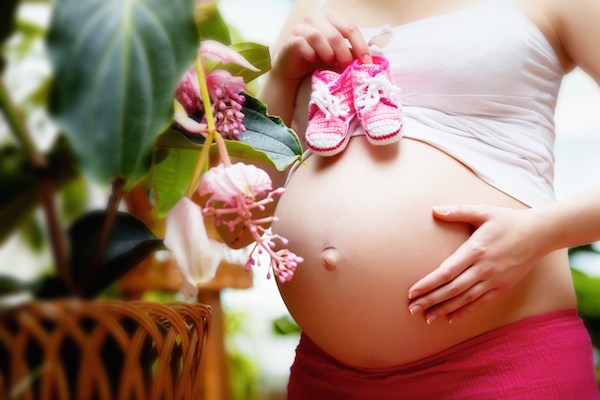
THURSDAY, Nov. 12, 2015 (HealthDay News) — California’s anti-vaccine sentiment tends to concentrate in wealthier, largely white areas of the state — a pattern that has left certain communities with childhood vaccination rates as low as 50 percent, a new study finds.
The study, published online Nov. 12 in the American Journal of Public Health, is the latest to delve into the issue of personal belief exemptions for vaccines.
Right now, 20 U.S. states permit the exemptions, which allow parents to opt out of routine childhood vaccinations based on philosophical objections.
California is technically still one of those states, but a law passed earlier this year will end personal belief exemptions in that state in July 2016, according to the National Conference of State Legislatures (NCSL).
The new law came largely in response to this year’s measles outbreak, which sickened 189 people in 24 U.S. states and Washington, D.C., according to the U.S. Centers for Disease Control and Prevention.
The main outbreak was traced to California’s Disneyland. The CDC believes it started with a foreign traveler who contracted measles in another country before visiting the amusement park — where he or she encountered other unvaccinated people.
Health officials put part of the blame on personal belief exemptions, which have left some children unprotected against measles and other infections. In California, over 3 percent of school-age children had a personal belief exemption for the 2013-2014 school year, according to the state health department, the researchers noted.
That was double the number from just six years earlier, the study found.
“Many commentators have said that white, higher-income, more-educated parents are the primary drivers of that trend,” said lead researcher Tony Yang, an associate professor in the department of health administration and policy at George Mason University, in Fairfax, Va.
His team found that the profile is at least partially true: California communities with larger white populations and higher median incomes tended to have higher rates of personal belief exemptions.
In 2013, children in private schools had nearly double the number of personal belief exemptions as kids in public schools — around 5.5 percent, versus less than 3 percent.
But a community’s typical education level did not, by itself, show an influence.
It’s not clear why that would be, Yang said, since people with high incomes are often well-educated. It could be a phenomenon particular to California, he noted.
Still, Yang said, it’s likely that the general pattern in California holds true in other states, too — with white, higher-earning parents accounting for the lion’s share of personal belief exemptions.
Depending on the state’s laws, parents may have to go through a significant amount of red tape to get an exemption. “People with more resources are better able to jump the hurdles than low-income people are,” Yang said.
Dr. Paul Offit, a vaccine expert who was not involved in the study, offered another explanation for why more-advantaged parents are more likely to opt out of vaccinations.
“I think it’s often about hubris,” said Offit, director of the Vaccine Education Center at Children’s Hospital of Philadelphia. “Some people who’ve ‘mastered’ something — like the job field they’re in — think they can ‘master’ anything. They go online, do some research, and think they now know more about vaccines than the doctor does.”
What do parents find online? Sometimes it’s misinformation about vaccine safety. Vaccine fears were first set off in 1998, when a small study linked the measles-mumps-rubella (MMR) vaccine to autism.
That research was later found to be fraudulent, but the idea that vaccines carry more risks than benefits persists, Offit said.
According to Yang, education efforts aimed at curbing personal belief exemptions should probably focus on white, more affluent communities.
But Offit doubted whether “education” can change those parents’ minds. “I think the people who exempt their children from receiving any vaccines are a really hard-core group,” he said. “They know that vaccines stand on a mountain of scientific evidence, and they’ve chosen to discount that.
“I think the other states with personal belief exemptions should do what California did,” Offit said.
Under the new California law, parents will still be able to opt out of vaccinations for philosophical (including religious) reasons — but their kids will not be allowed into day care or school.
Vermont recently passed a similar law, though religious exemptions remain an option, according to the NCSL.
“I think that in California, you’ll either see more kids being vaccinated, or more kids being home-schooled,” Offit said. “In Vermont, it’ll either be more vaccinations, more home schooling, or more families suddenly becoming religious.”
More information
The U.S. Centers for Disease Control and Prevention has more information on childhood vaccines.
Copyright © 2026 HealthDay. All rights reserved.

